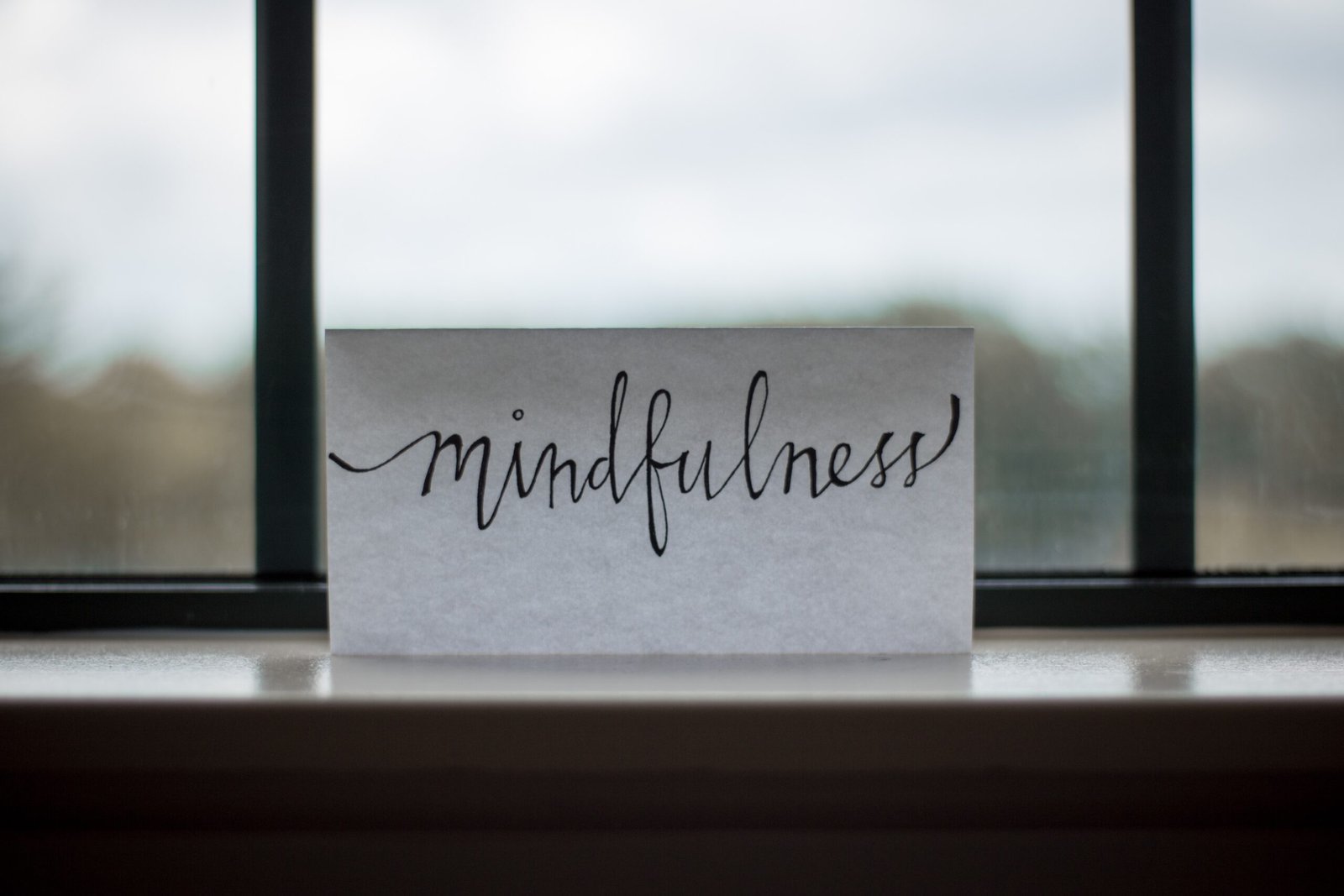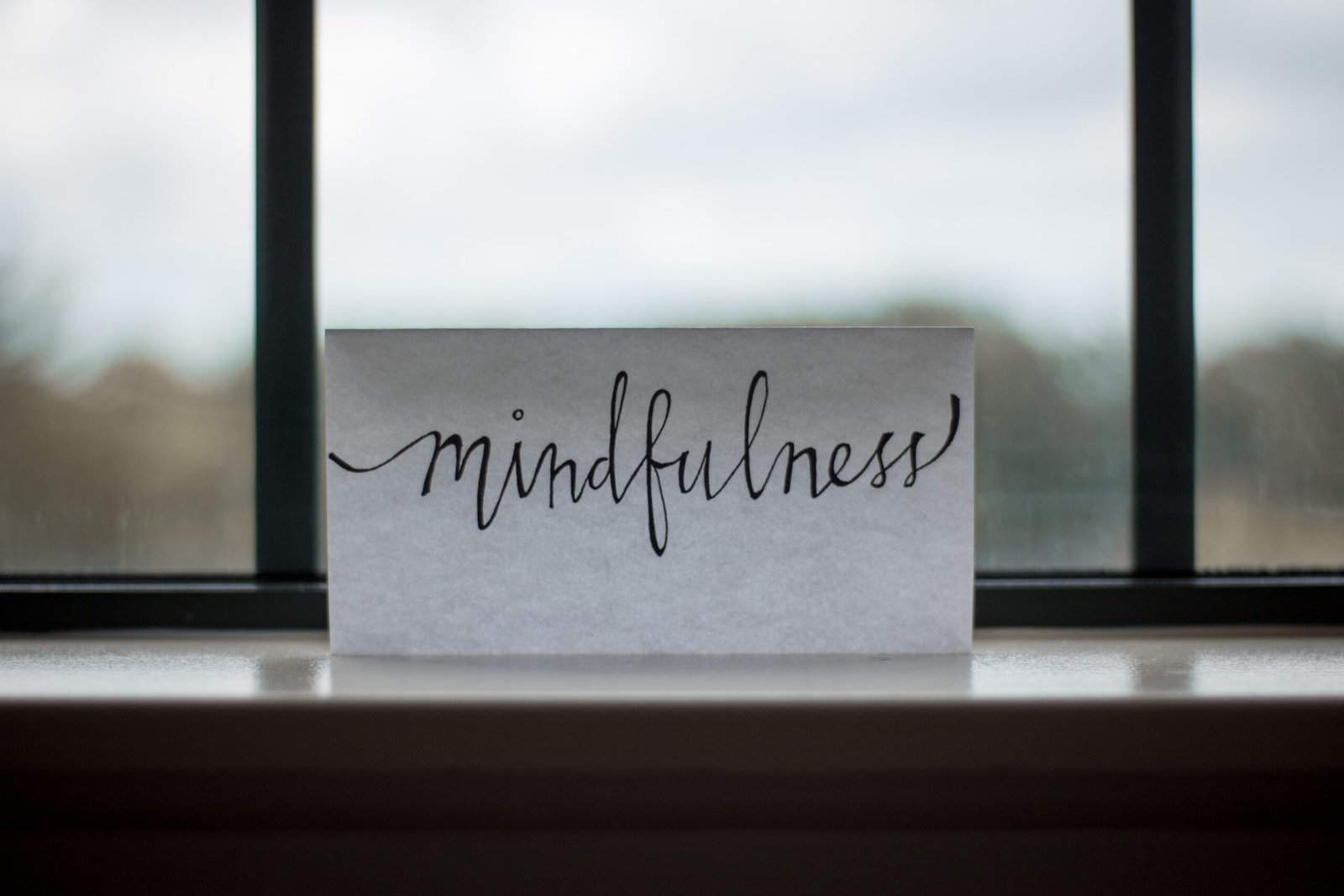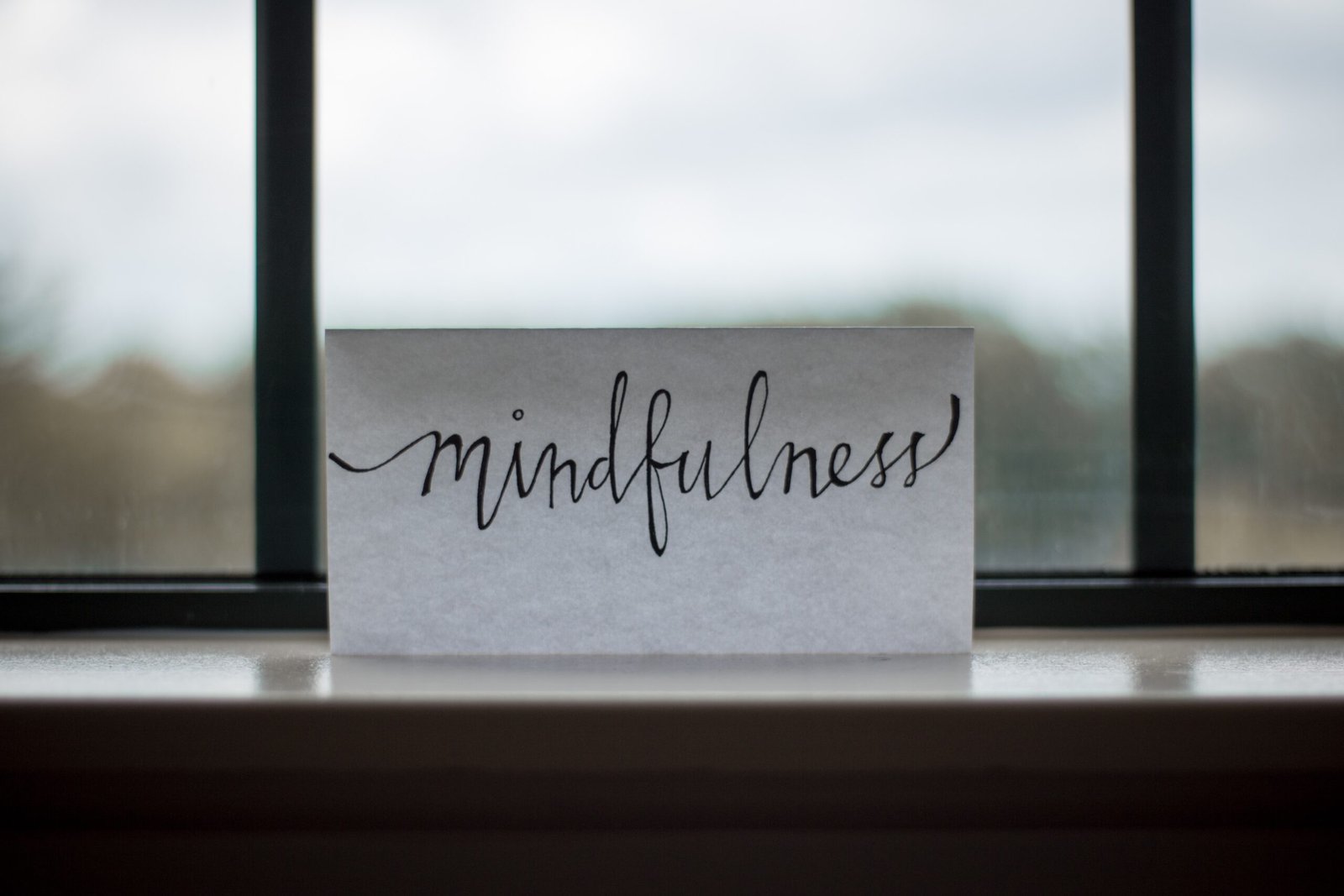In today’s fast-paced and hectic world, finding moments of peace and tranquility can often feel like an impossible task. However, by incorporating the practice of mindfulness into our daily lives, we can unlock a powerful tool to help us navigate the challenges and stresses that come our way. Mindfulness is not just a passing trend or a fleeting fad; it is a transformative practice that can bring about profound positive changes in our mental, emotional, and physical well-being.
Mindfulness is the practice of being fully present and engaged in the present moment, without judgment or attachment. It involves paying attention to our thoughts, feelings, and sensations in a non-reactive manner. By cultivating this state of awareness, we can develop a deeper understanding of ourselves and the world around us.
The Benefits of Mindfulness
1. Reduced Stress and Anxiety:
Mindfulness has been scientifically proven to reduce stress and anxiety levels. By focusing our attention on the present moment, we can let go of worries about the past or future, and instead, fully experience and appreciate the here and now. For example, when we are stressed at work, taking a few mindful breaths can help us calm our racing thoughts and bring a sense of calm to our minds.
2. Improved Mental Clarity and Focus:
Practicing mindfulness enhances our ability to concentrate and stay focused. By training our minds to stay present, we can better resist distractions and improve our productivity. For instance, during a busy day, taking a mindful pause before starting a new task can help us clear our minds and approach the task with renewed clarity and focus.
3. Enhanced Emotional Resilience:
Mindfulness allows us to observe our emotions without getting caught up in them. It helps us develop emotional resilience and the ability to respond to challenging situations with greater calmness and clarity. For example, when faced with a difficult conversation, taking a moment to tune into our emotions and thoughts can help us respond with empathy and understanding.
4. Improved Physical Well-being:
Studies have shown that mindfulness can have a positive impact on our physical health. By reducing stress levels, it can help lower blood pressure, improve sleep quality, and boost the immune system. For instance, incorporating a mindful breathing exercise into our bedtime routine can promote relaxation and improve the quality of our sleep.
5. Increased Self-Awareness:
Mindfulness allows us to become more attuned to our thoughts, emotions, and physical sensations. It helps us develop a deeper understanding of ourselves and our patterns of behavior. For example, by practicing mindful eating, we can become more aware of our hunger and fullness cues, leading to a healthier relationship with food.
Frequently Asked Questions about Mindfulness
Q: How long does it take to see the benefits of mindfulness?
A: The benefits of mindfulness can be experienced almost immediately, but they tend to deepen and become more pronounced with regular practice over time. Consistency is key.
Q: Can mindfulness help with chronic pain?
A: Yes, mindfulness has been shown to be effective in managing chronic pain. By cultivating a non-judgmental awareness of physical sensations, individuals can develop a different relationship with pain and reduce suffering.
Q: Is mindfulness a religious practice?
A: While mindfulness has its roots in Buddhist meditation practices, it is not inherently religious. It can be practiced by individuals of any religious or spiritual background, as well as those who identify as atheist or agnostic.
Q: Can mindfulness be practiced anywhere?
A: Absolutely! Mindfulness can be practiced anywhere, at any time. Whether you’re sitting at your desk, walking in nature, or even washing dishes, you can bring mindfulness to any activity.
Q: How can I start incorporating mindfulness into my daily life?
A: Begin by setting aside a few minutes each day to practice mindfulness meditation. There are also numerous apps and online resources available that offer guided meditations and mindfulness exercises. Additionally, try to bring mindful awareness to everyday activities such as eating, walking, and interacting with others.
Mindfulness is a powerful practice that can bring about profound positive changes in our lives. By cultivating moment-to-moment awareness, we can reduce stress, improve focus, enhance emotional well-being, and deepen our connection with ourselves and the world around us. Start incorporating mindfulness into your daily life and experience the transformative power it holds.









